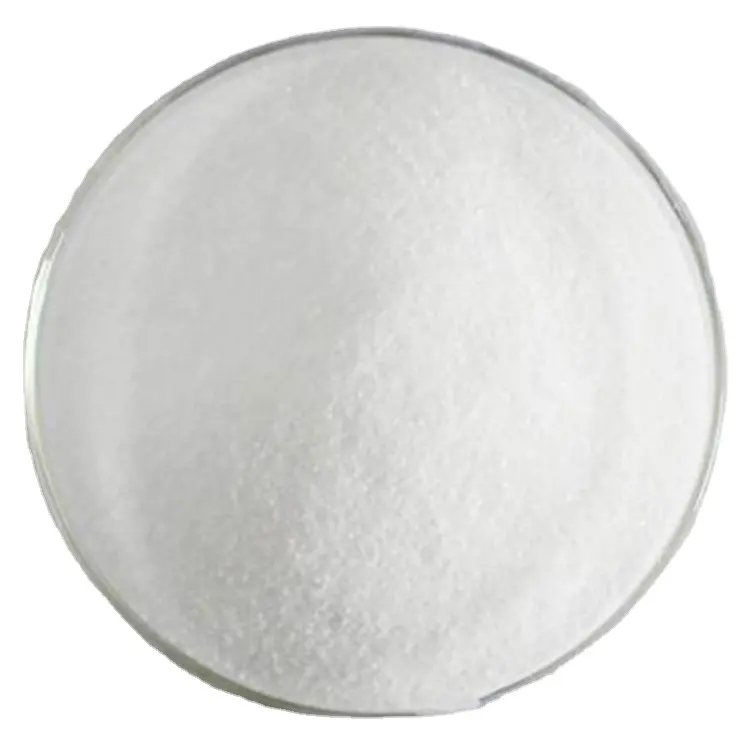
Nov . 11, 2024 13:00 Back to list
barium sulfate soluble
Barium Sulfate Soluble An Overview
Barium sulfate (BaSO4) is an inorganic compound widely known for its application in various industries due to its unique properties, particularly its insolubility in water. However, the term barium sulfate soluble often raises questions about its behavior in different solvents and the implications for its use in applications ranging from medical imaging to industrial processes.
Chemical Properties
Barium sulfate is a white, crystalline solid that exhibits high density, making it an ideal contrast agent in radiological procedures. Its low solubility in water (approximately 0.000244 g/L at 25°C) means that barium sulfate does not dissolve easily, which can be advantageous in certain scenarios but may also present challenges in others. The compound is formed from barium ions and sulfate ions, and the strong ionic bonds in this lattice structure contribute to its low solubility.
Applications in Medical Imaging
One of the most notable applications of barium sulfate is in the field of medical imaging. It is commonly used as a contrast agent for X-ray and CT scans of the gastrointestinal tract, where it helps to highlight abnormalities in the digestive system. When a patient ingests a barium sulfate suspension, the insoluble compound coats the lining of the esophagus, stomach, and intestines, allowing for clearer imaging results. The key advantage of using barium sulfate is its minimal absorption by the body; it passes through the gastrointestinal tract without being broken down, eliminating the risk of systemic toxicity.
Environmental Considerations
barium sulfate soluble

The low solubility of barium sulfate is not only beneficial in medical applications but also plays an important role in environmental contexts. It is often employed in water treatment processes to remove heavy metals and toxins as it can effectively precipitate out of solution. However, there are concerns related to the environmental impact of barium compounds. The insolubility of barium sulfate means that it can accumulate in ecosystems if not managed properly, leading to potential toxicity for aquatic life. Thus, careful consideration must be given to barium sulfate’s usage and disposal.
Industrial Uses
In addition to its medical applications, barium sulfate is utilized in various industrial processes. It is commonly found in the production of paints, plastics, and rubber due to its ability to improve opacity and durability. In the oil drilling industry, it serves as a weight material in drilling muds, helping to control pressure and prevent blowouts. The pigment industry also benefits from barium sulfate's whiteness and stability, using it as a filler and a coating agent.
Innovative Research and Development
Recent research into modified forms of barium sulfate has opened new avenues for its potential applications. Scientists are investigating ways to enhance its solubility and reactivity by creating different nanostructures or composites, which could expand its utility in drug delivery systems or advanced manufacturing. Additionally, innovations in synthesis techniques may lead to more environmentally friendly production methods, minimizing waste and energy consumption.
Conclusion
In concluding the discussion on barium sulfate soluble, it's pivotal to recognize the balance between its beneficial uses and the environmental considerations that accompany its applications. While barium sulfate's low solubility is an asset in many fields, it also necessitates a thorough understanding of its impact on health and the environment. As research continues to progress, the potential for barium sulfate to play an even more significant role in various sectors remains promising, paving the way for enhanced safety and efficiency in both medical and industrial contexts. Further exploration into its properties and innovative applications could contribute to sustainable practices, making barium sulfate a topic of ongoing relevance in scientific and industrial discussions.
-
Premium 6618 Titanium Dioxide for GPT-4 Turbo Applications
NewsJul.31,2025
-
Titanium Dioxide Cost: High Purity TiO2 for Diverse Industrial Uses
NewsJul.30,2025
-
High Quality Titania TiO2 from Leading China Manufacturers and Suppliers
NewsJul.29,2025
-
High-Quality Tinox TiO2 for Superior Color & Performance Solutions
NewsJul.29,2025
-
High Quality Titania TiO2 from Leading China Supplier & Manufacturer
NewsJul.29,2025
-
High-Performance r6618 TiO2 for Superior Whitening and Versatility
NewsJul.28,2025
